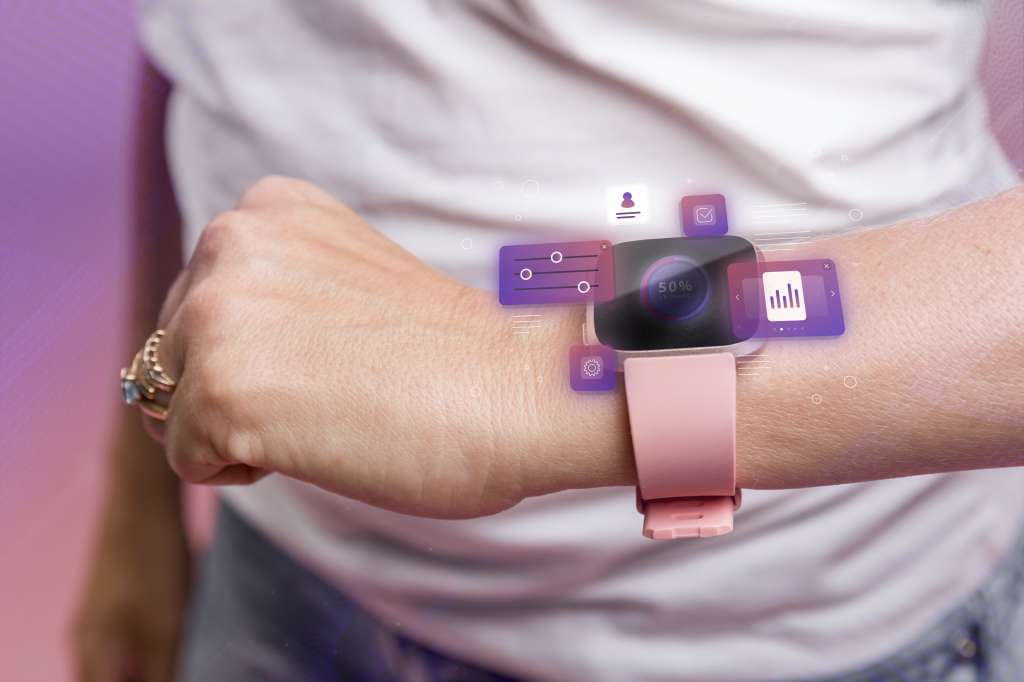The idea of a world free from the tyranny of smartphones is undeniably appealing. Humane’s AI Pin, a wearable AI device, promises just that. However, beneath the alluring prospect of a “phone-free future” lies a web of potential problems that could fundamentally alter society for the worse.

Let’s delve into the reasons why wearable AI like the AI Pin might not be the utopian solution we crave.
Addiction by another Name?
One major concern is the potential for even greater dependence on technology. These devices seamlessly integrate into daily tasks, blurring the lines between human agency and algorithmic control. The risk of becoming overly reliant on AI for communication, entertainment, and even basic problem-solving is high. This could lead to a decline in critical thinking skills, social awkwardness due to diminished face-to-face interaction. A general feeling of detachment from the real world.
Privacy under Siege
Wearable AI devices collect a staggering amount of personal data – from biometric information to location tracking. This raises serious questions about data ownership and security. Who controls this information? How vulnerable is it to breaches and misuse? The potential for a privacy nightmare is significant, with data potentially used for targeted advertising, social manipulation, or even restricting individual freedoms.
The Bias Built In
AI algorithms are only as good as the data they’re trained on. Biases inherent in that data can lead to discriminatory outcomes and unfair treatment. Imagine a wearable AI that reinforces racial or gender stereotypes, or an AI-powered justice system with inherent prejudices. The ethical implications of biased AI go far beyond inconvenience; they threaten the very core of a just and equitable society.
Attention Overload and a Fractured Mind
Imagine a constant barrage of notifications, updates, and alerts buzzing from your wrist. This is the potential reality with wearable AI. Instead of streamlining tasks, these devices might bombard users with information overload, hindering focus and productivity. The constant connectivity can blur the lines between work and personal life, leading to burnout, anxiety, and a diminished capacity for deep thinking.

The Environmental Cost of Convenience
The environmental impact of wearable AI cannot be ignored. The production of these devices often involves rare earth metals, energy-intensive manufacturing processes, and generates a concerning amount of electronic waste. Sustainable practices and proper recycling infrastructure are crucial, but not guaranteed, adding another layer of complexity to the wearable AI equation.
In conclusion, the idea of a phone-free future facilitated by wearable AI devices like the AI Pin is a tempting one. However, the potential downsides – addiction, privacy concerns, bias, distraction, and environmental costs – paint a picture of a future that might be more dystopian than utopian. Before we wholeheartedly embrace wearable AI, we must prioritize data security, develop ethical AI frameworks, and ensure these devices enhance, not erode, our human potential. Only then can we determine if wearable AI can truly liberate us from the clutches of our phones, or if it merely binds us with invisible chains.






